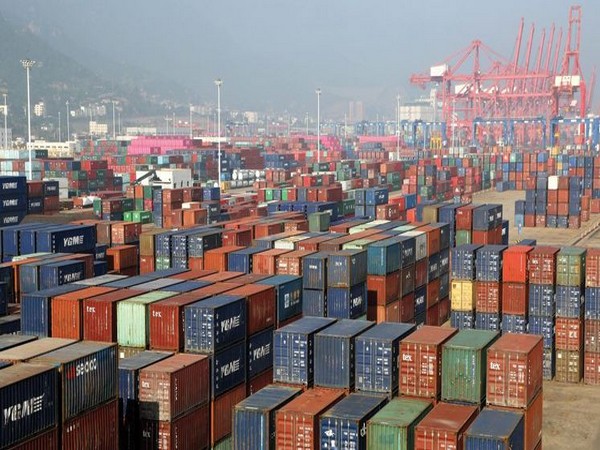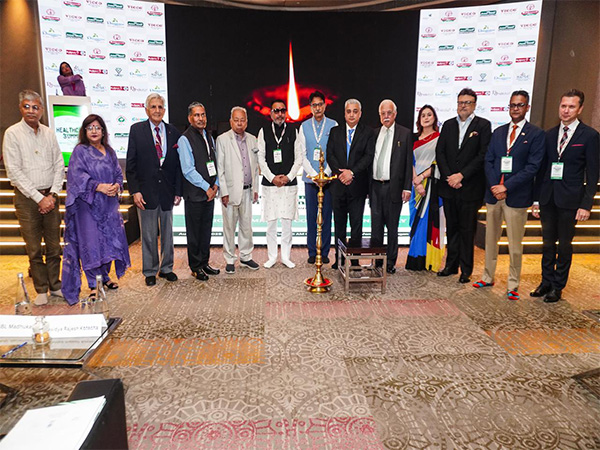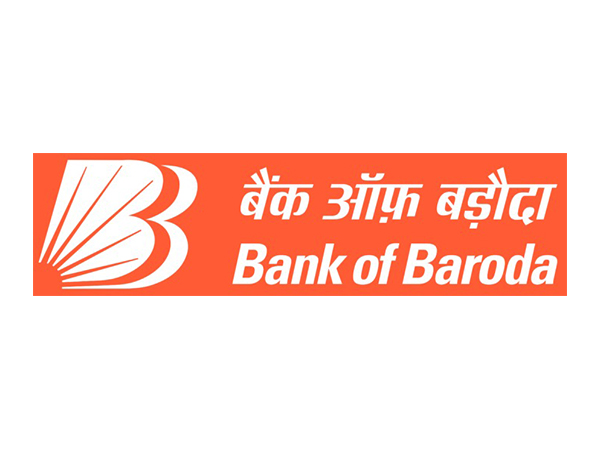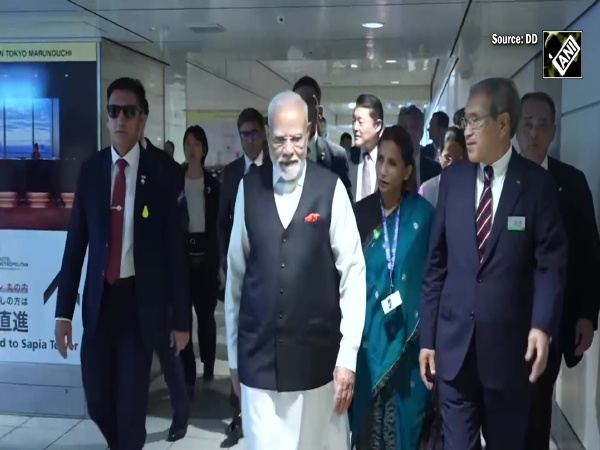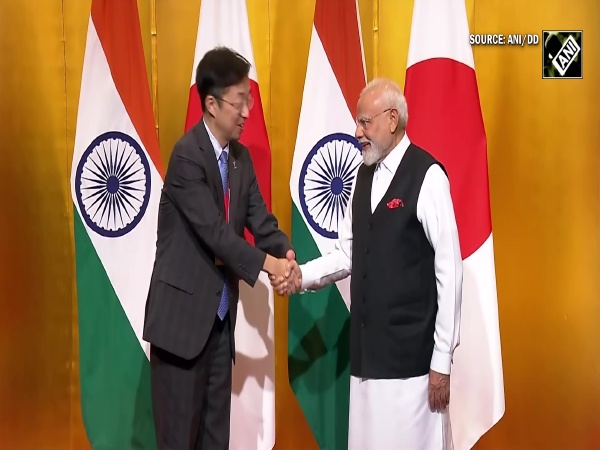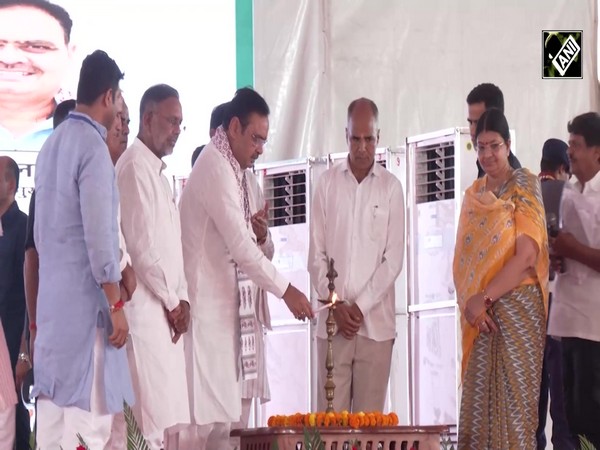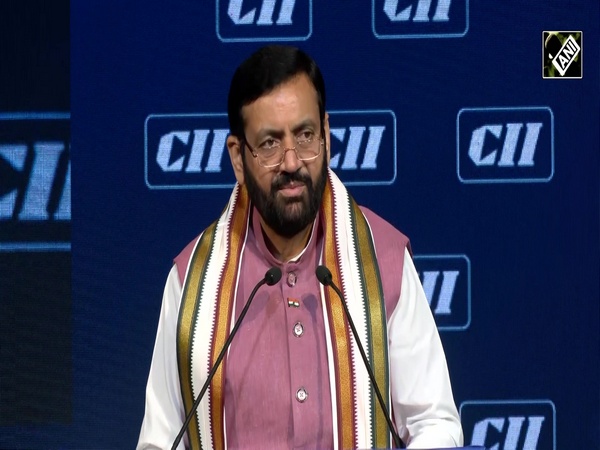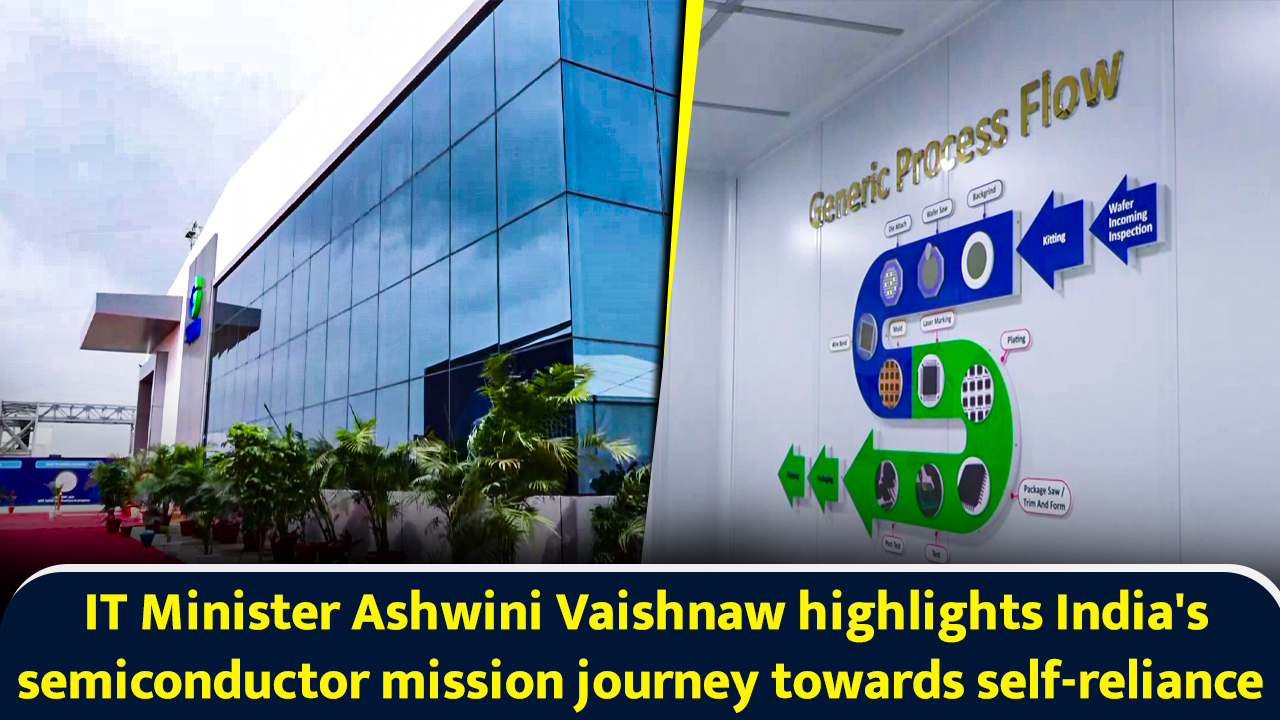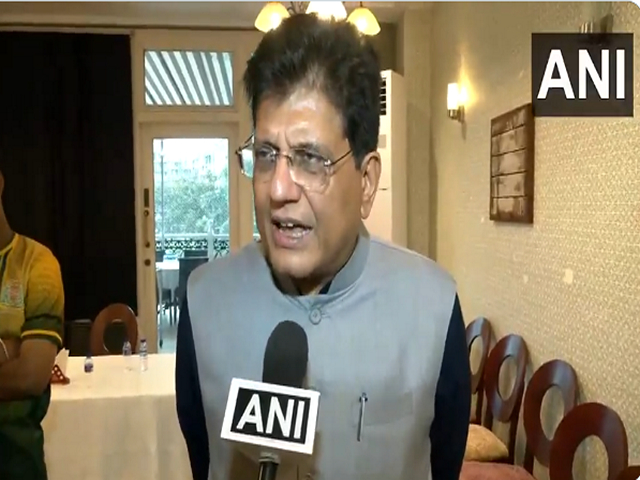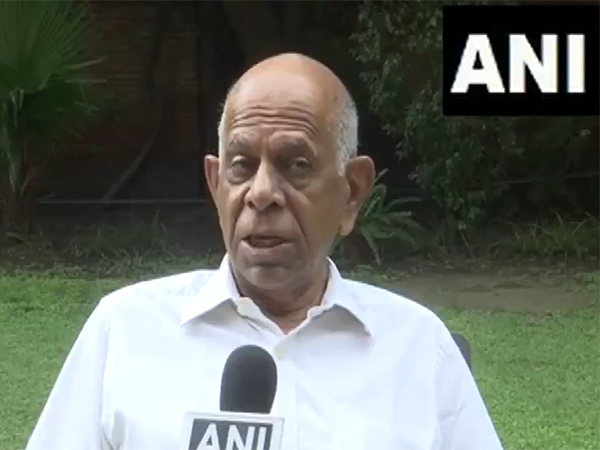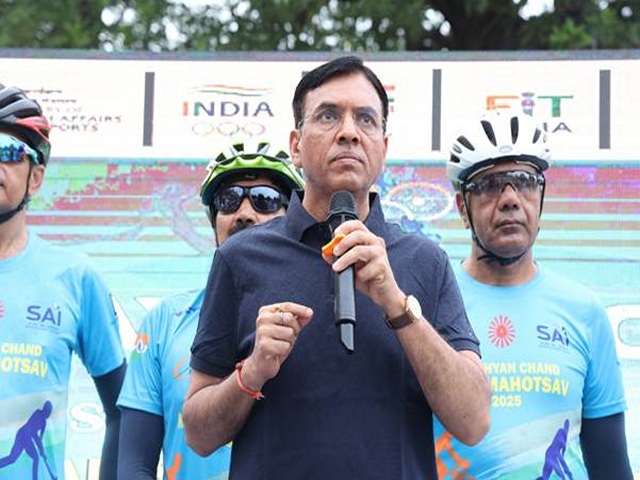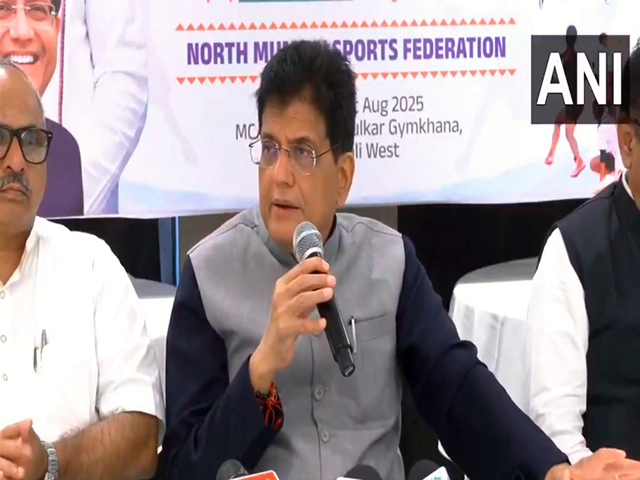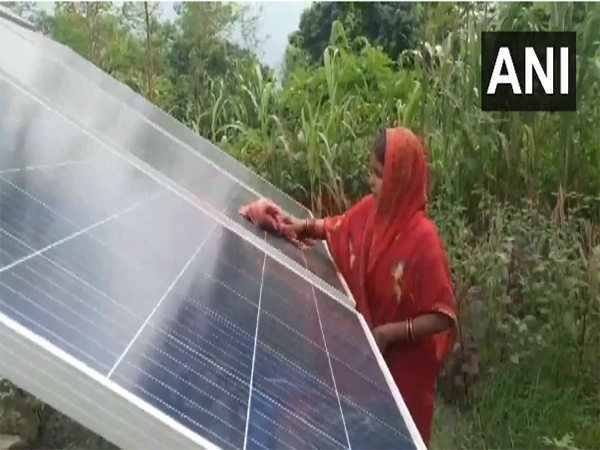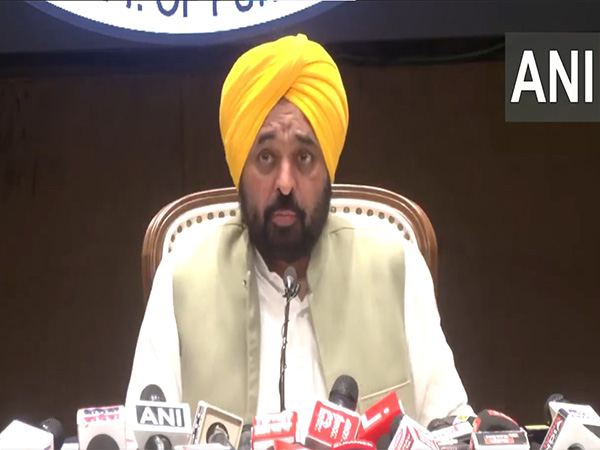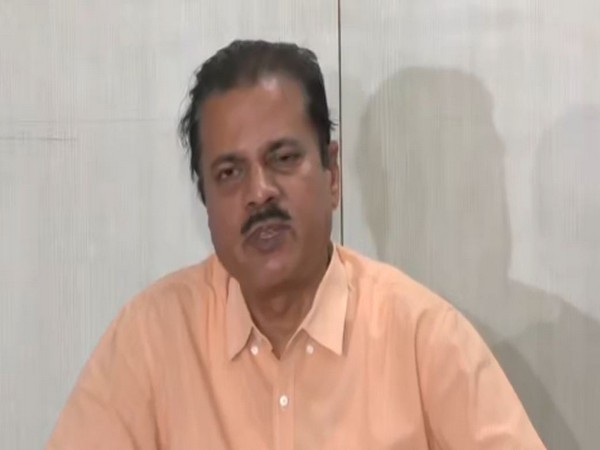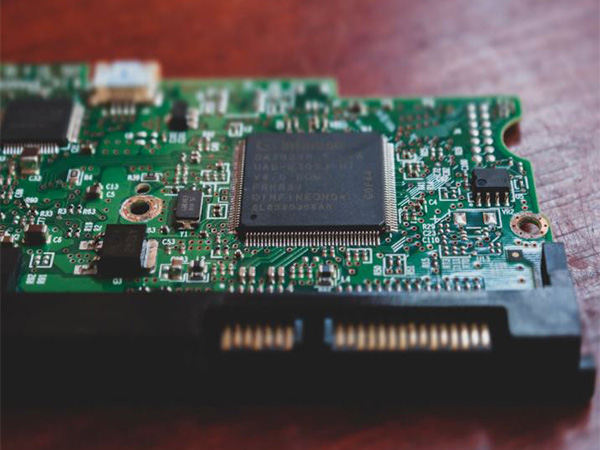
Tech gaps in India's semiconductor sector draw global players eyeing big opportunity
Aug 31, 2025
New Delhi [India], August 31 : The technological gaps in India's emerging semiconductor ecosystem are capturing the interest of global players from allied sectors, who view this as a strategic opportunity to support the country's goal of becoming a preferred destination for chip manufacturing.
Many companies are ramping up their operations in India and focusing on localising equipment manufacturing, bridging gaps through R&D, skilled workforce training, and infrastructure development -- as semiconductor firms increasingly seek partners with deep expertise and a strong local footprint in the Indian ecosystem, according to industry executives.
The participation of firms in India's flagship semiconductor-focused event, Semicon India 2025, supports the trend.
Scheduled from September 2-4 in the national capital, the event will attract more than 30 countries as participants in this year's edition.
SEMICON India 2025 aims to catalyse global collaboration, support domestic innovation, and strengthen India's role as a trusted, scalable, and competitive electronics manufacturing hub.
International companies, including Applied Materials, IBM, Infineon, LAM Research, Merck, Siemens, TSMC, and Tata Electronics, among others, will participate.
Speaking to ANI, Anil Chaudhry- Head, Robotics & Solutions at Indian arm of Taiwan-based Delta Electronics (India) said that the Delta sees India as a promising market, not only because of the increasing investments and government initiatives like the announcement of 10 semiconductor fabs but also due to the current technological gap that exists in high-speed precision machinery, which remains largely dependent on imports.
"So, the technological gap in terms of high-speed precision we can place. It is 100 per cent dependent on the machine, which is made outside India. And then what is basically we have taken the initial steps to start doing a level of localisation and then we see in the future we will be more focusing on the make in India equipment which fits not only to the semiconductor market, but also to the electronics market," Chaudhry said.
He said, leveraging Delta's strong foundation in Taiwan, the company is working toward localising equipment manufacturing and bridging that gap through R&D, skilled workforce training, and infrastructure development.
The company has invested USD 500 million in its operations, with a significant portion allocated to infrastructure, including land, test equipment, and factory expansion.
Taiwan's Delta Technologies specialises in offering end-to-end solutions in both the semiconductor fabrication (fab) and assembly-testing (T-set) segments. This includes digital twin technologies, factory-level software integration, machine simulation, and facility management systems that enable seamless tool-to-utility connectivity within cleanroom environments.
Chaudhry said that semiconductor companies are looking for companies that have expertise in the allied activities of the core semiconductor manufacturing, which is propelling the players to localise their operations in Indian soil.
Supporting the trend, he noted that Delta is not alone in the Indian market but is facing competition from Japanese, Korean, and Singaporean players.
"They (Semiconductor Cos) are looking for people who are already in India...and they would like to work along with us as much as possible... So we are leveraging that advantage. We have a unique proposition in the Indian market," Chaudhry noted.
"We are creating the right infrastructure in delta India with the experience we have from the international market, like Taiwan and Japan. And in terms of infrastructure, we are creating high-standard labs where we train our foremen and our operators to do the very specific actions required in the semiconductor," he further added, indicating how global companies are strengthening their Indian units to capture the semiconductor opportunity.
"We are adding the R&D people in the organisation who can understand how to generate the semiconductor drawing in terms of piping, in terms of the movement of the tool. We are creating the software team," Chaudhry stated.
Talking about the intent to participate in the Semicon India 2025, Sanjeev Srivastava - Head, Industrial Automation, said, "We have a lot of products and technology that would go along with the semiconductor industry. So that is one of the intents of participating in this event, and also, India is going to be a big hub for semiconductors, and our initial engagement in this industry will be beneficial for both the industry as well as for us."
Discussing the company's localisation efforts, he noted that with fourteen regional offices, four manufacturing facilities (Rudrapur, Gurgaon, and Krishnagiri), and two R&D centres (Gurgaon and Bengaluru), Delta has a strong presence across India, supported by more than 200 channel partners.
As of date, the government has approved 10 semiconductor manufacturing projects with a cumulative investment of more than Rs 1.60 lakh crore in 6 states - Gujarat, Assam, Uttar Pradesh, Punjab, Odisha, and Andhra Pradesh.
India is expected to see its first commercially produced chips from new facilities before the end of this year. On August 28, Union Minister Ashwini Vaishnaw, the first Made-in-India semiconductor chip, will be rolled out from Sanand's CG plant.
